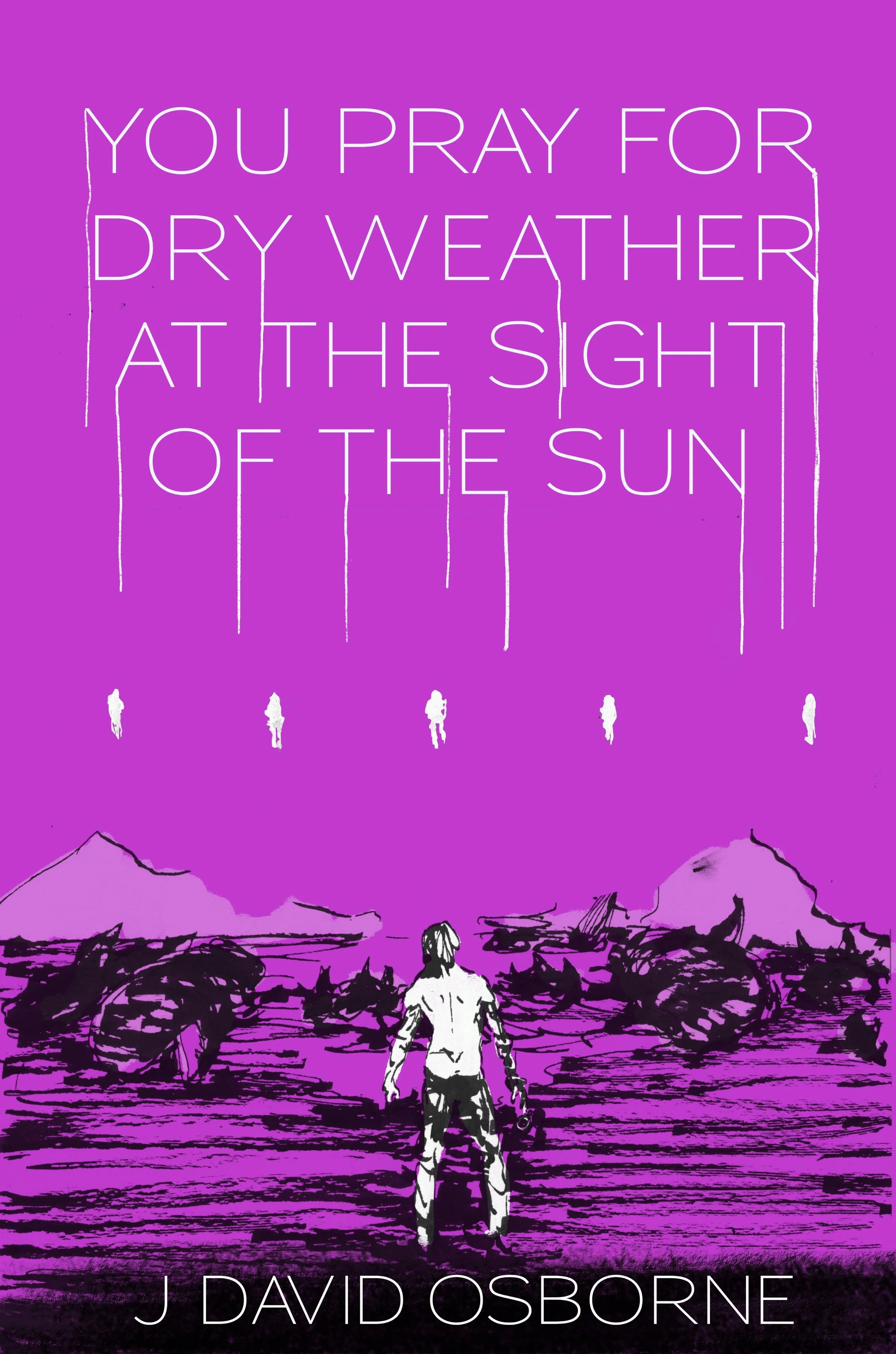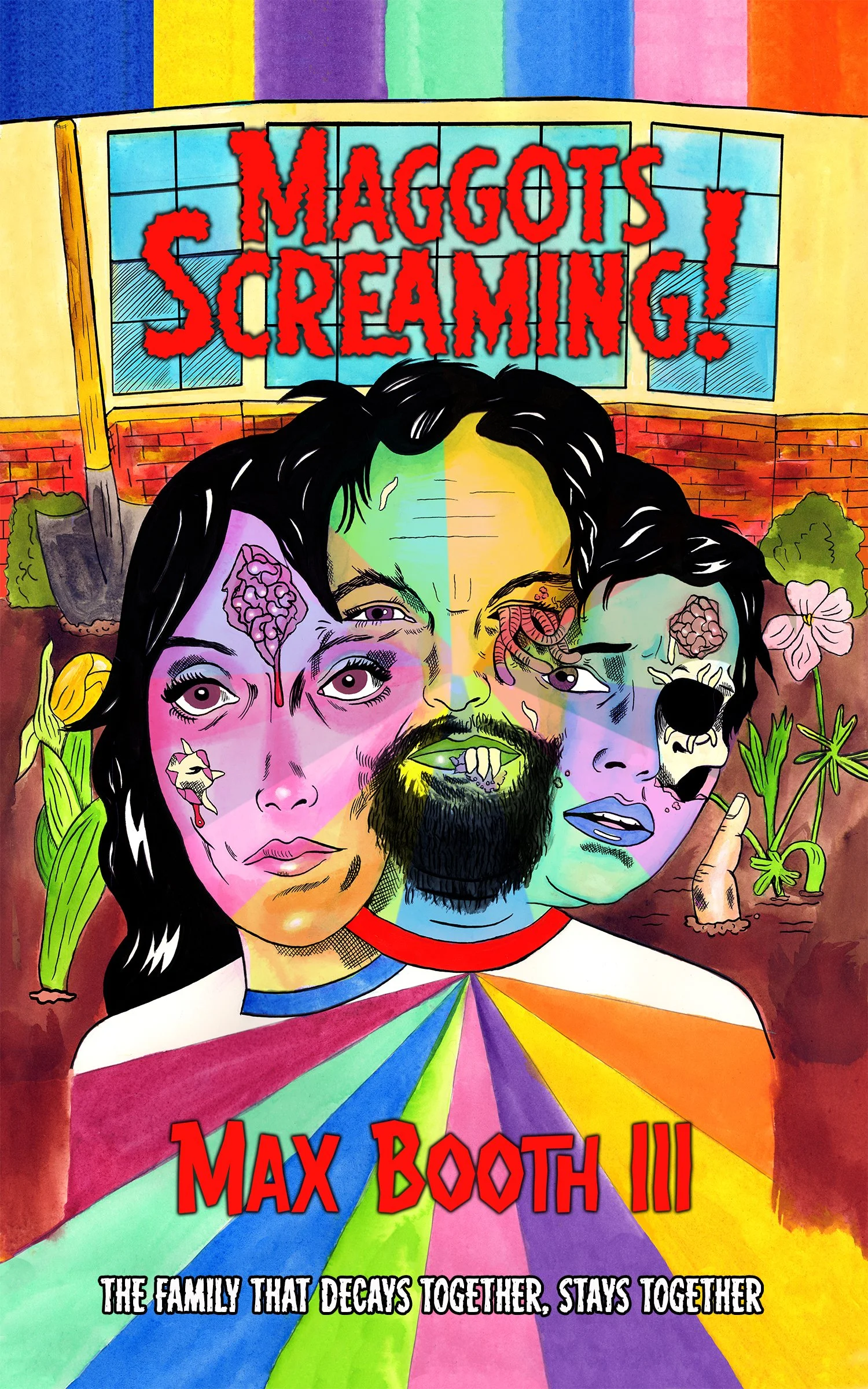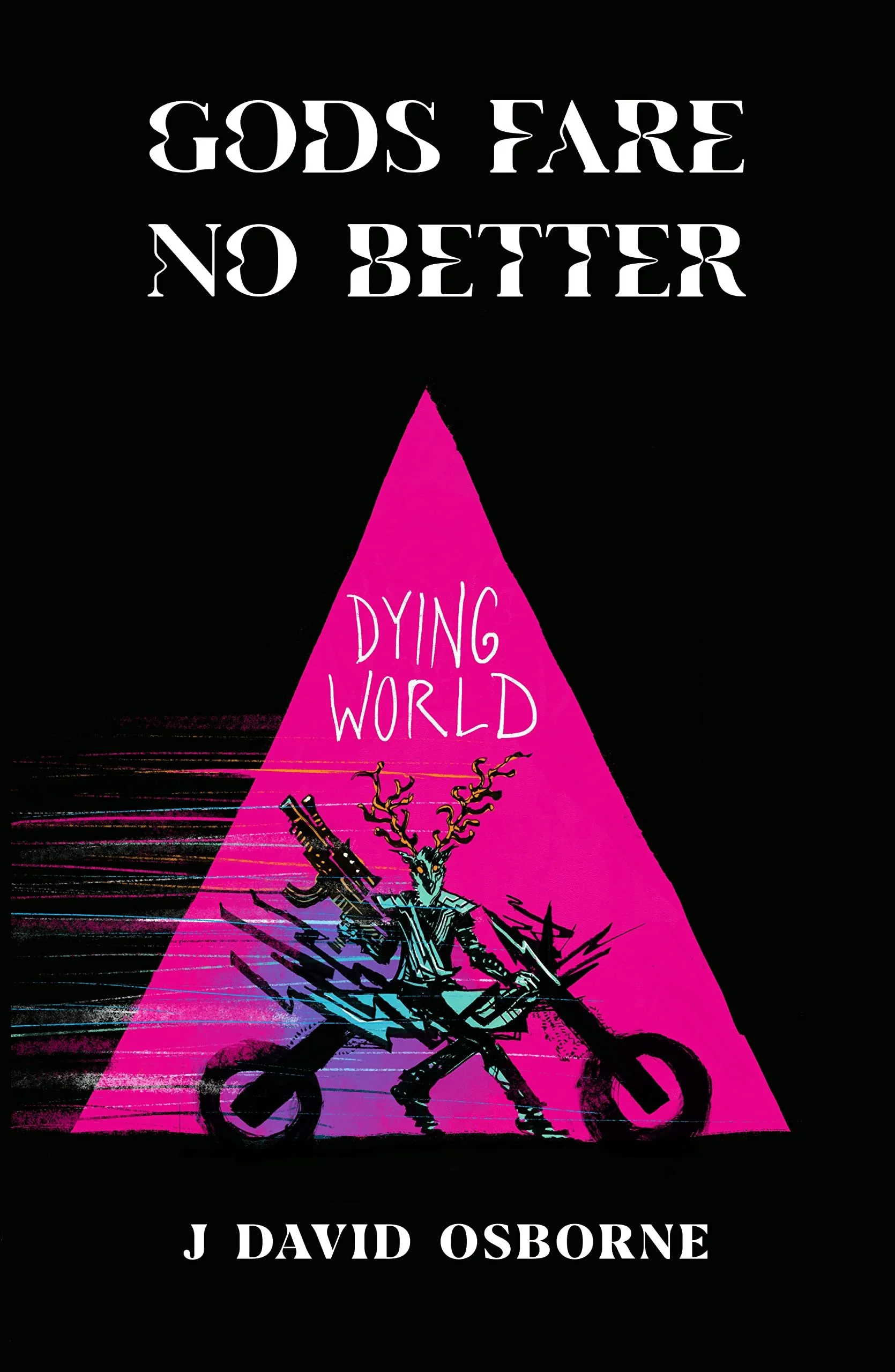Book Review : J. David Osborne - You Pray For Dry Weather at the Sight of the Sun (2022)
The spirit of conflict had one end goal, the same as anything else in the universe, and that is to perpetuate itself.
I played a lot of video games in my life. Watched a lot of television too. Although my parents kicked my ass out on the curb and told me to go play outside now and then, they considered the living room to be a safe space for their son. Somewhere I wouldn’t get beat up and wouldn’t cause them problems. So, I developed a rich, complex interior universe intertwined with my media consumption instead of friends. My parents got a lot of things wrong, but this one turned out to be OK. I quite like that part of me.
It gets lonely in my head sometimes, but meeting a fellow traveler of hyperreality is among the purest feelings I can get. That is exactly what happened when I read J. David Osborne’s first non fiction book You Pray For Dry Weather at the Sight of the Sun.
Osborne writes short, simple books with great clarity and metaphorical value. You Pray For Dry Weather at the Sight of the Sun is no different from his fiction in that regard. It’s a 49 pages essay on fatherhood, loneliness (the good one), art and playing Hideo Kojima’s video game Death Stranding. Now, I am not a father myself and haven’t played a Kojima game since the first Metal Gear Solid, but it didn’t really matter. In Osborne’s writing, you only need a point of entry to craft your own understanding.
My point of entry was playing video games. Now, I've never played Death Stranding, but I understand how Osborne’s been playing it. There are two different relationships one can foster to video games: there are the competitive ones who play online and post speed runs on YouTube and there are those are in for the experience. Who want to interact with someone else’s creation in the most profound and meaningful way possible. Osborne is the second kind and so am I. Hideo Kojima is probably also like that.
I have a soft spot for bad graphics. There’s something about the rough polygons of the PS1 that creates a barrier where the imagination sits, like film grain. A dream barrier, necessary to enter the world of the game.
It doesn’t really matter that I’ve never played Death Stranding, because I could understand what it is and why it’s valuable through J. David Osborne’s writing: it’s an imaginary landscape where people can connect to others, but also to themselves. For Osborne, it’s where he reconciled his new caregiving role. It would probably have a different meaning for me were I to ever play it. Were I to ever become Sam Porter Bridges, my own loneliness would probably be what surfaces. What’s good and what’s bad about it.
Because You Pray For Dry Weather at the Sight of the Sun is a lot about loneliness too. The kind of self-reliant one you feel when you realize that you’re in charge of survival now. Yours and the survival of everyone you love. There’s a beautiful paradox in experiencing this feeling through a video game because it’s a way for a lot of people to connect with the kids they were for a couple hours. Video games usually eschew responsibility, but it’s what Death Stranding offers. You don’t need a kid to understand the beauty in this.
I understand that You Pray For Dry Weather at the Sight of the Sun is an essay best enjoyed by very specific people in very specific circumstances. This is both the blessing and the curse of J. David Osborne’s talent. He has captured the essence of what life is like for a very specific group of people who have grown up in very specific circumstances and had their personality shaped by their relationship to media and technology. It’s not something you can easily understand if you haven’t lived through it.
It’ll ultimately be a footnote of history, but it’ll be MY footnote.






